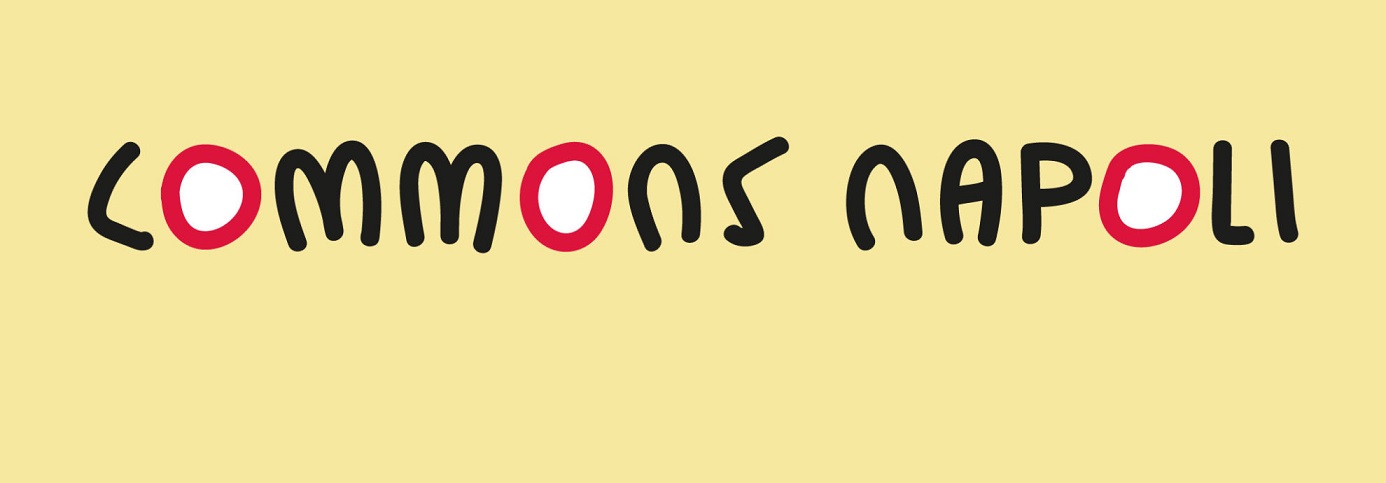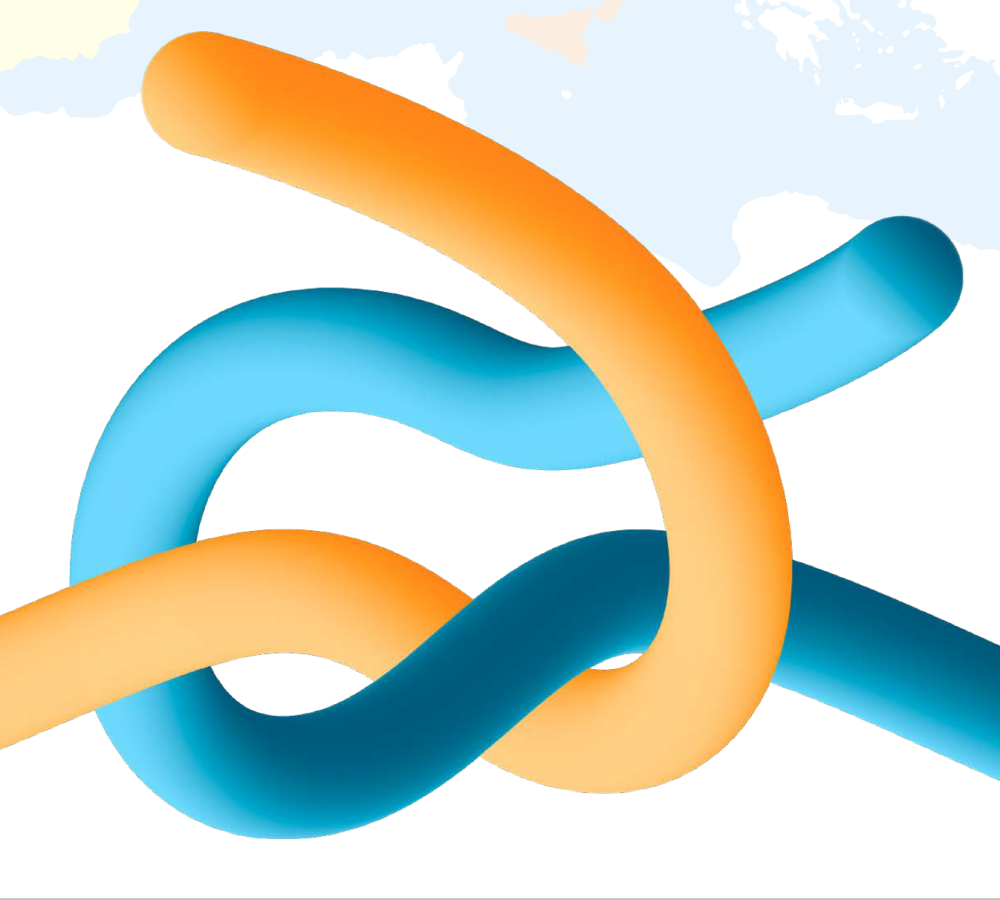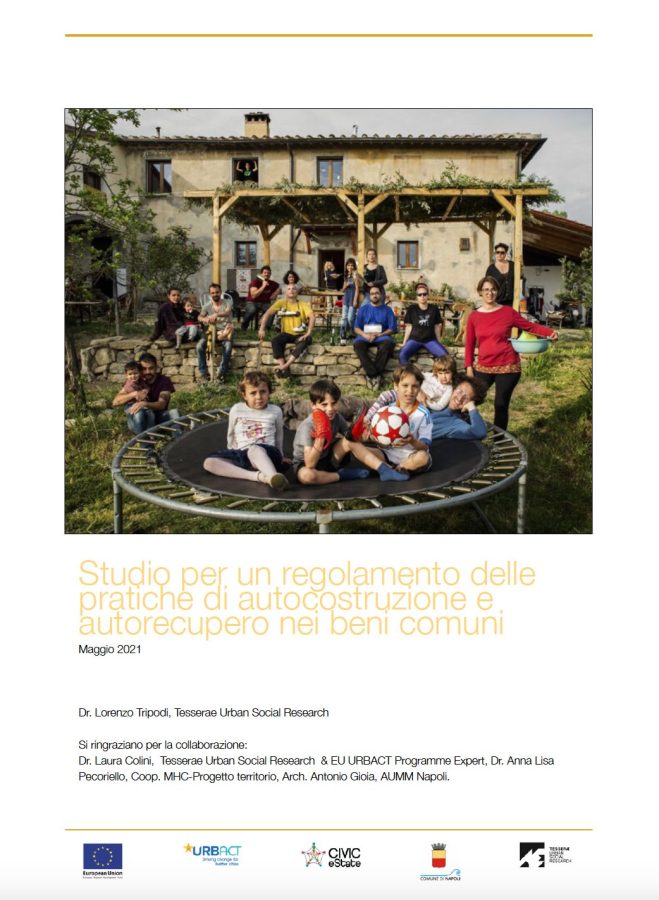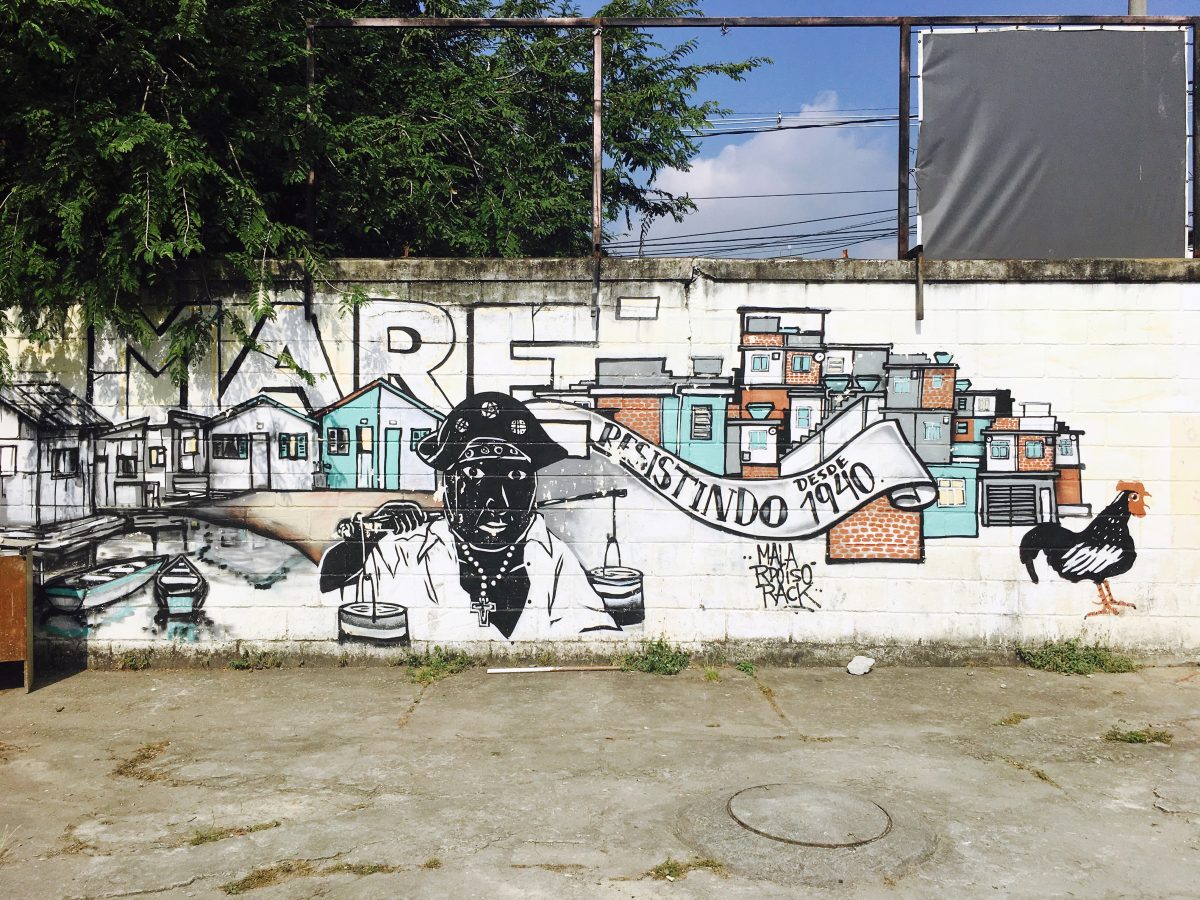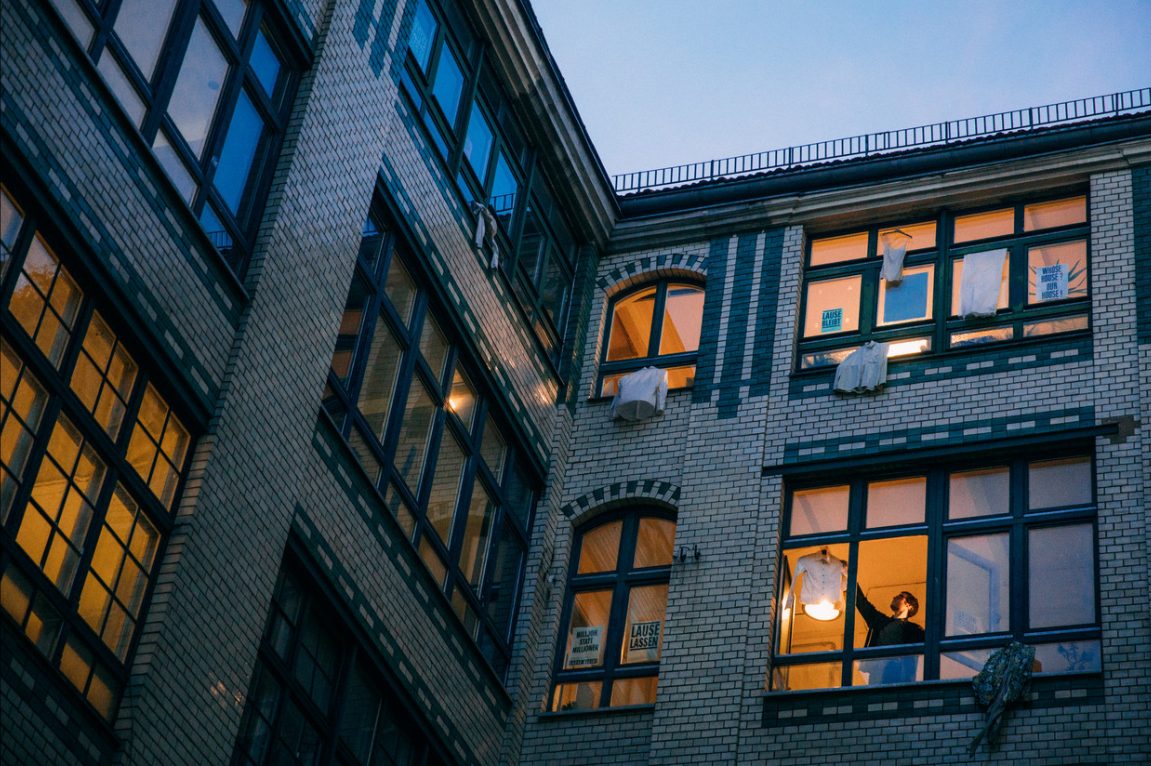
Die Lause
The former glass factory located in Lausitzer Straße 10/11 in Berlin-Kreutzberg is a domestic community that best embodies the prototype of the so-called “Berlin mix”, whereby available spaces are equally distributed to allow for both their residential and commercial use.

